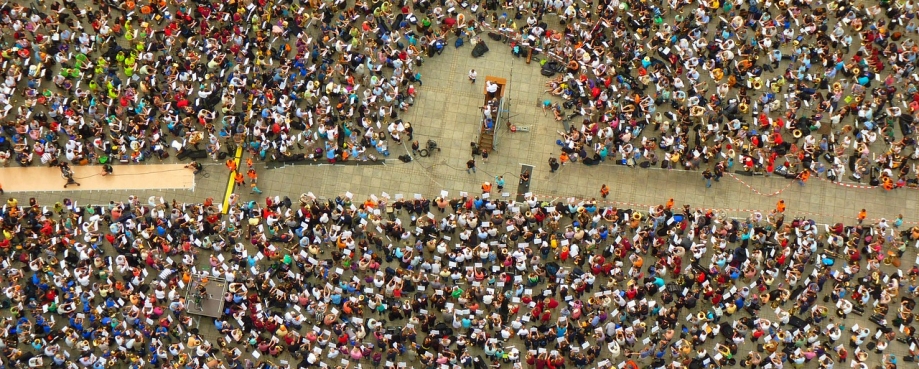
Growing up in apartheid South Africa, I knew from an early age that we could not freely associate and certainly could not congregate across racial lines.
Having parents "of the cloth" who didn’t bend to the heinous system, and being exposed to international travel in the 60s & 70s showed me a different way of life that was in stark contrast to back home. This laid the deep foundation of a belief in the human right to freedom of association in society.
In the world of work this belief is at the heart of cohesive, integrated, respectful and functional teams. And crucially, it is the foundation of the ILO’s fundamental principles and rights at work. It goes hand in hand with the right for workers to elect worker representatives, join & form trades unions and bargain collectively – and yes, to improve working lives, earn a decent wage, work in safety, be free to choose and leave employment and to keep their children out of work and in education.
The recent ILO Issue paper on COVID-19 and fundamental principles and rights at work looks at each principle and right through the lens of Covid-19, and explores how workers are being impacted:
- Freedom of association and the effective recognition of the right to collective bargaining “The COVID-19 crisis is in many places making the realisation of rights to freedom of association and collective bargaining more difficult, both in law and practice, which in turn hampers the development of responses to the crisis rooted in social consensus”
- Elimination of discrimination in respect of employment and occupation “The COVID-19 crisis is amplifying the effects of pervasive discrimination in the world of work, whether on grounds of race, colour, sex, religion, political opinion, national extraction, social origin, HIV status, disability, sexual orientation, gender identity or other”
- Abolition of child labour “The COVID-19 crisis is fuelling fears of a rise in child labour, as education is interrupted or no longer affordable, and hard-hit families must send their children to work as a survival strategy”
- Elimination of forced or compulsory labour "The COVID-19 crisis is increasing the pool of workers vulnerable to forced labour and worsening work situations that are already exploitative."
Not all doom and gloom
The paper speaks of safeguarding and promoting freedom of association and the right to collective bargaining and gives encouraging snapshots from Uruguay, Colombia, France and Germany on how governments, industry and trade unions have come together to find solutions to the challenges COVID19 has dumped on all of us.
It also outlines the way forward and demonstrates that in both law and practice, the realisation of these rights plays a critical role in mitigating the impact of this pandemic but also in recovery that ‘work’ is just, equitable and central to productive and cohesive societies.
The realization of fundamental principles and rights at work – in law and in practice – is critical to mitigating the impact of the COVID-19 crisis among the most vulnerable people, and to building back more resilient, just, equitable and productive societies in the aftermath.
The right to freedom of association and collective bargaining is central to making this happen.
